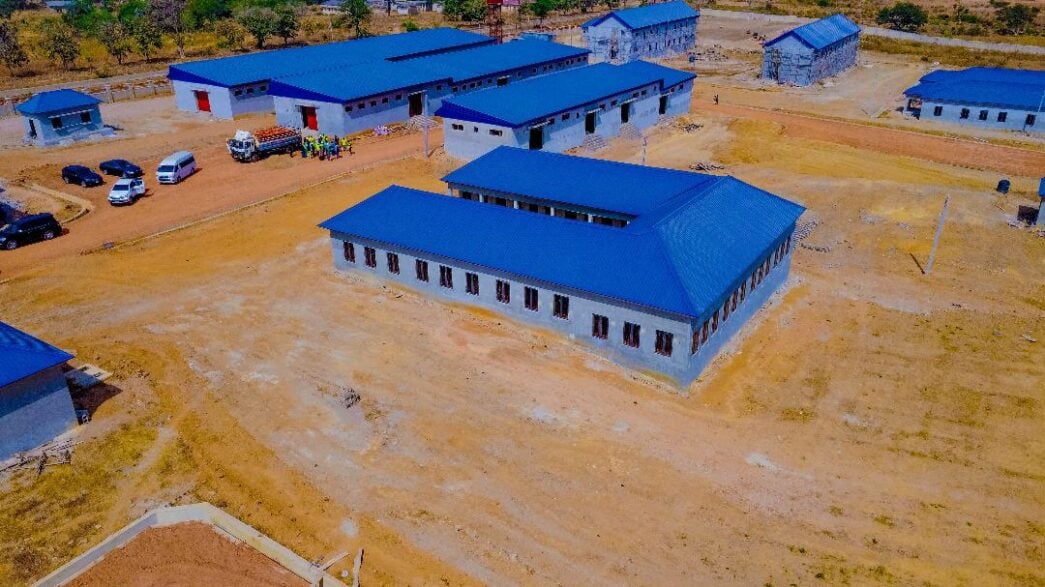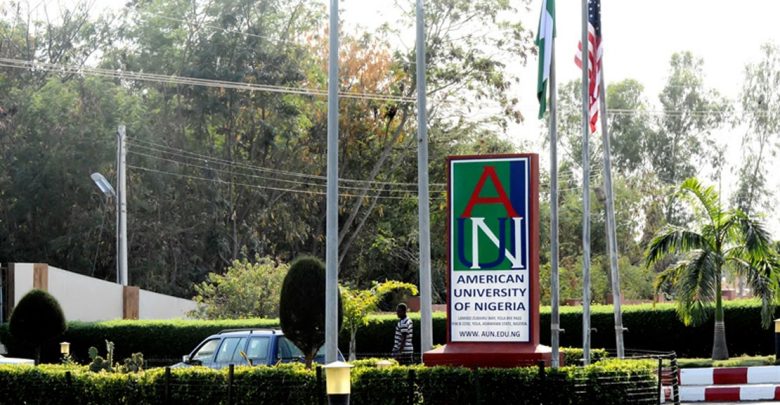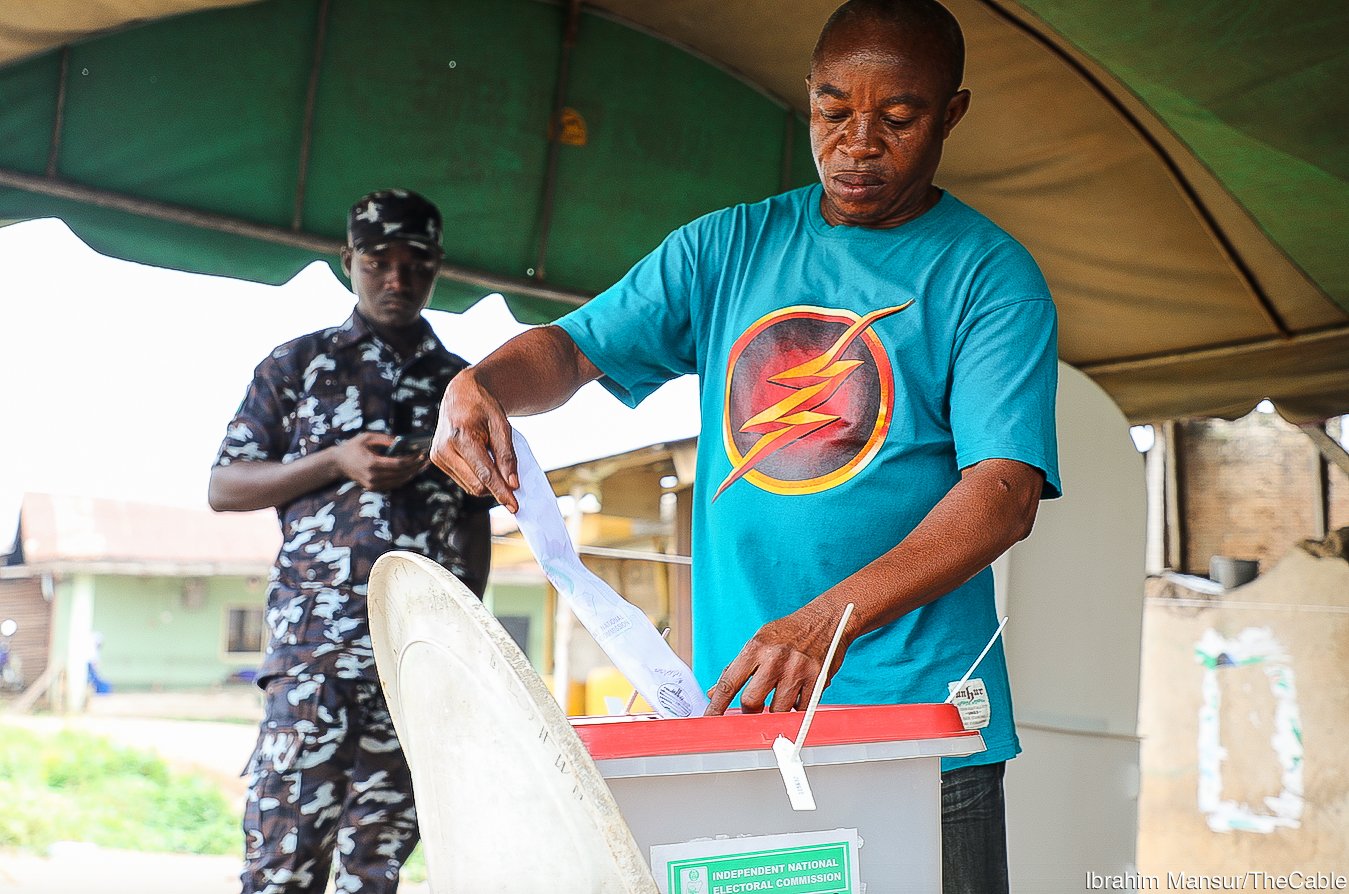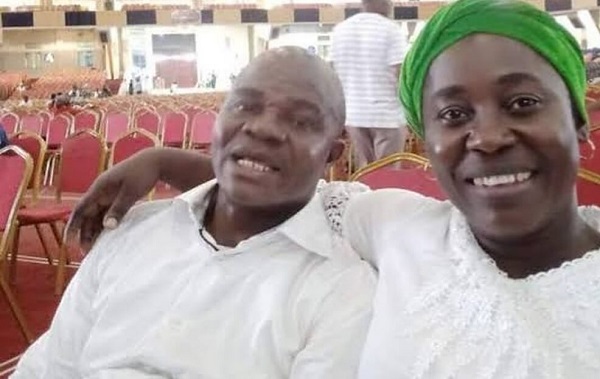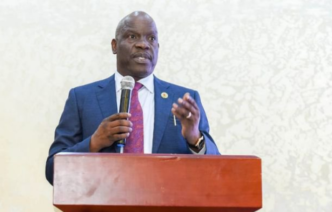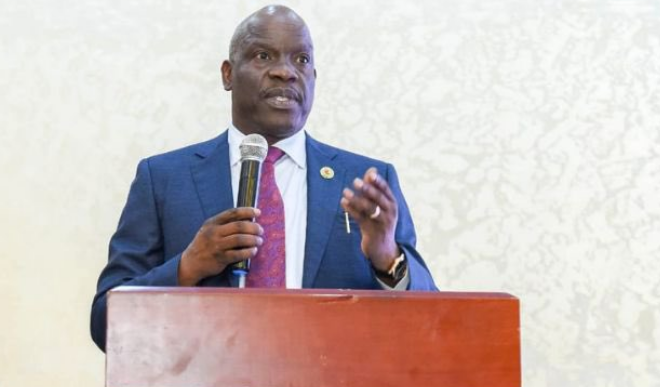BY AUWALU MUSTAPHA
Since assuming office in May 2023, Governor Uba Sani of Kaduna State has embarked on a transformative journey to address youth unemployment and insecurity through strategic investments in skills acquisition and vocational training. Recognizing the critical need to empower the youth, Governor Sani’s administration has initiated several key projects aimed at equipping young individuals with relevant skills for the modern workforce.
One of the cornerstone initiatives of Governor Uba Sani’s administration is the development of Vocational and Technology Skills Acquisition Cities in Rigachikun, Samaru Kataf, and Soba. These centers are designed to provide comprehensive training in various technical and vocational skills, including welding and fabrication, automotive mechatronics, solar power installation, artificial intelligence, and information and communication technology (ICT). The centers aim to train and certify 400 youths quarterly, totaling 1,600 annually, thereby significantly contributing to the reduction of youth unemployment in the state.
To ensure the quality and recognition of the training programmes, the Kaduna State Government has partnered with the National Board for Technical Education (NBTE). This collaboration facilitates the provision of the National Skills Qualification Framework (NSQF) certification, a globally recognized credential that enhances the employability of graduates both within Nigeria and internationally. Additionally, the centers offer certifications from renowned organizations such as Microsoft, Google, CISCO, and Huawei, further bolstering the credentials of the trainees.
In a bid to integrate traditional craftsmanship with modern vocational training, Governor Sani’s administration has undertaken the remodeling of the Panteka Market in Tudun Wada, Kaduna. This initiative aims to transform the market into a major center for skills acquisition and job creation, engaging over 38,000 artisans. The remodeled market will offer training in carpentry, welding, painting, roofing, plumbing, and electrical work, providing artisans with opportunities to enhance their skills and improve their livelihoods .
Advertisement
To oversee and coordinate the state’s skills development efforts, Governor Sani inaugurated the Kaduna State Skills Development Council in August 2024. Chaired by the governor himself, the council serves as the highest decision-making body for skills development in the state. Its primary responsibilities include developing a skills development framework, creating strategic implementation plans, and supervising the execution of operational plans aimed at addressing youth unemployment. The council’s formation underscores the administration’s commitment to a structured and sustainable approach to skills development .
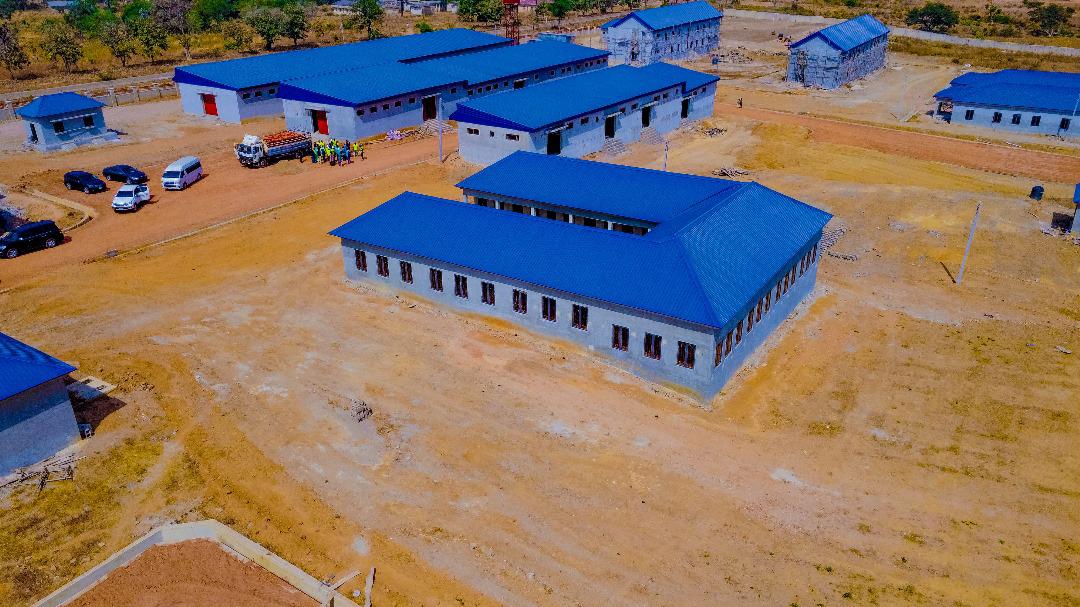
The initiatives spearheaded by Governor Sani have had a profound impact on youth unemployment and the much acclaimed non kinetic approach in stemming insecurity in Kaduna State. By providing young individuals with marketable skills, the programmes have enhanced their employability and entrepreneurial potential, thereby reducing the economic factors that often contribute to insecurity. The training centers not only equip youths with technical skills but also foster a culture of self-reliance and innovation, empowering them to contribute positively to society.
Advertisement
Further, the emphasis on digital skills and modern technologies positions Kaduna State as a potential hub for technological innovation and industrial growth. The integration of ICT and artificial intelligence into the training programmes ensures that the youth are prepared for the demands of the global economy, making them competitive in various sectors.
Governor Uba Sani’s strategic focus on skills acquisition and vocational training has set a commendable precedent in addressing youth unemployment and insecurity in Kaduna State. Through the establishment of specialized training centers, collaboration with national educational bodies, and the transformation of traditional markets into modern skills hubs, his administration has laid a solid foundation for sustainable youth empowerment. As these initiatives continue to unfold, they hold the promise of a more prosperous and secure future for the youth of Kaduna State.
In the same regard, in his bid to speedily lift as many underserved citizens of the state from multi-dimensional poverty, Governor Uba Sani has prioritized the inclusion of underserved and unbanked citizens in the financial services sector. Recognizing that over 70% of Nigerians, particularly in the North-West region, were financially excluded, as at early 2023, Governor Sani initiated several measures to integrate persons that fall within this demography in Kaduna State into the formal financial system.
In July 2023, Governor Sani signed an Executive Order aimed at bringing approximately 2.5 million underserved and vulnerable citizens into the financial services sector. The order mandated the development of a state financial inclusion strategy, the establishment of a state register for the poor and vulnerable, and collaboration with banks and fintech companies to open bank accounts for unbanked individuals. The initiative also included aggressive sensitization programs and financial literacy workshops to equip citizens with the necessary skills to make informed financial decisions.
Advertisement
To facilitate the inclusion process, Governor Sani partnered with eTranzact, a leading Nigerian payment and switching firm. This collaboration introduced innovative banking products such as Credo and PocketMoni, designed to be accessible to a wide range of people, regardless of their locality. As a result, nearly 3 million residents in Kaduna State have benefited from these easy-to-use banking solutions, enabling them to access government interventions and financial services seamlessly.
At the Kaduna Economic and Financial Inclusion Summit (KEFIS 2025), which held on Wednesday April 30, with the theme: Expanding Financial Access for Sustainable Development, Governor Uba Sani set out to consolidate Kaduna State’s achievements in financial inclusion and further expand financial access to the unbanked, with particular focus on enhancing economic inclusion for vulnerable populations in the State.
“Financial inclusion stands as a cornerstone of sustainable economic empowerment and societal progress. It goes far beyond the mere act of opening bank accounts. True financial inclusion is about granting individuals and communities the means to participate meaningfully in the economy, break the cycle of poverty, and elevate their quality of life through access to essential financial services,” Governor Uba Sani averred at the Summit.
Governor Uba Sani told participants and guests that included Vice President Kashim Shettima (who was represented by the Deputy Chief of Staff to the President, Senator Ibrahim Hassan Hadejia), that he was happy to report that Kaduna State’s sustained economic and financial inclusion drive had significantly reduced the poverty rate and income inequality in the state. “Access to financial services and credit has lifted many people out of poverty. We have also been consciously and deliberately supporting Micro, Small, and Medium Enterprises (MSMEs). MSMEs are the backbone of our economy, significantly contributing to job creation, innovation, and economic resilience. They drive local economies and provide livelihoods for millions of our citizens. This is why my administration has committed itself to creating an enabling environment for businesses to flourish, fostering a vibrant entrepreneurial ecosystem where MSMEs can grow, create employment opportunities, and contribute to the economy of Kaduna State. More MSMEs have been created due to our interventions,” the Governor further remarked at the Summit.
Advertisement
Indeed, understanding the importance of MSMEs in economic development, Governor Uba Sani allocated a N4.2 billion relief fund to assist over 4,000 SMEs and vulnerable households facing economic hardships. This intervention is aimed to alleviate the adverse effects of the fuel subsidy removal and the rising cost of living. Additionally, the Kaduna State Enterprise Development Agency (KADEDA) supported 8,649 nano and micro businesses with grants ranging from N50,000 to N300,000, enabling them to expand their operations and contribute to the state’s economic growth.
To further support the financial needs of civil servants, Governor Sani launched a N500 million Revolving Loan Scheme with a single-digit interest rate of 5%. This initiative aimed to provide civil servants with easy access to funds, thereby alleviating financial stress and improving their overall welfare. Over the past 18 months, the state government has disbursed approximately N4.7 billion for the settlement of death and gratuity benefits, demonstrating its commitment to the welfare of workers.
Advertisement
Governor Sani’s financial inclusion initiatives have not only integrated millions of underserved citizens into the financial system but have also contributed to the state’s economic development. The introduction of digital banking solutions has facilitated access to government interventions, while the support for MSMEs has stimulated local businesses and job creation. Moreover, the financial literacy programmes have empowered citizens to make informed financial decisions, fostering a culture of savings and investment.
Governor Uba Sani’s proactive approach to financial inclusion has significantly impacted the lives of underserved and unbanked citizens in Kaduna State. Through strategic partnerships, targeted interventions, and a commitment to financial literacy, his administration has laid a solid foundation for inclusive economic growth and development. As these initiatives continue to unfold, they hold the promise of a more prosperous and financially inclusive future for all residents of Kaduna State.
Advertisement
Mustapha, a freelance journalist, lives in Kawo, Kaduna.
Advertisement
Views expressed by contributors are strictly personal and not of TheCable.
